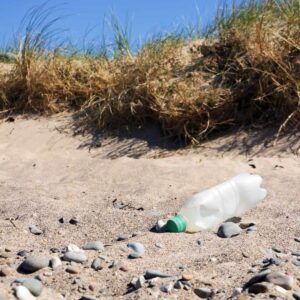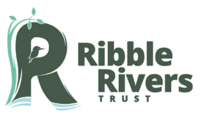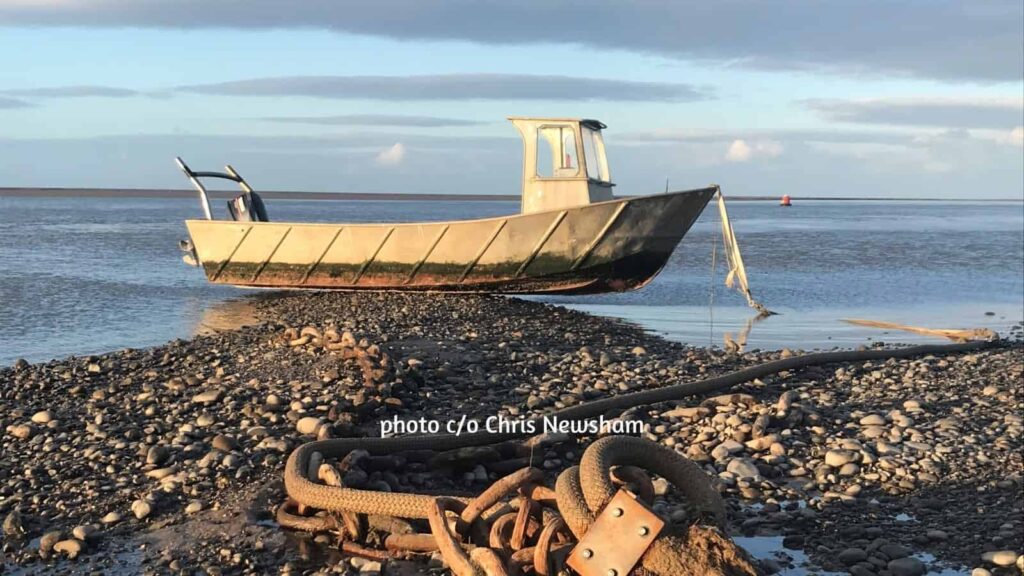
Today is World Oceans Day, and as we know all our rivers eventually make their way to the sea, but do you know just how heavily linked they are? Did you know, for example, that outdoor drains often lead directly into your local rivers and streams, or that road drains are simply a link between the roadside and your local brook? Even our wastewater can find it’s way into our rivers and streams as, during periods of high rainfall, water companies discharge excess water from sewers into rivers and streams untreated.
Now remember- your local river flows directly into our planet’s seas and oceans, and healthy rivers make a healthy sea.
These issues aren’t the only problems facing our oceans with threats from sewage, industrial, and agricultural pollution, plastics and microplastics, global heating and climate change, melting ice and rising sea levels, and overfishing. However, it isn’t all bad news, as there are lots of little things that you can do to help from home and little things add up to a big difference.
From your car wash to your compost, better water quality locally means that rivers and streams will be adding clean water to the sea, they’ll also support a greater variety and abundance of wildlife.
Here are our top tips on making your homes and gardens water friendly:
The 3Ps- only the three pees (pee, poo, and paper) should be going down the toilet. Never flush nappies, wipes, or period products down the toilet. They can cause blockages in your home and sewers, and can enter your local streams, rivers, and the sea in high rainfall events.
Only rain down the drain- many drains lead directly to your local rivers so never pour unwanted paint, chemicals, or oils down sinks, drains, or roadside surface water drains. Washing your car releases chemicals, rubber, and hydrocarbons. So always wash your car in a car wash, or over grass or gravel.
Misconnections- your bath, shower, sinks, washing machine, and dishwasher should all be connected to the foul sewer, not the surface water drain as this could be draining straight into your local stream or river. Misconnections are illegal, even if you didn’t install the appliance, you are responsible for putting it right.
Reduce household and garden chemical usage- chemicals pollute groundwater, run off into rivers, and enter surface water drains. Even in treated water these chemicals often still remain. Where possible try and use gentler eco-friendly cleaning products and try to keep your gardens fertiliser and pesticide free.
For more information on World Oceans Day visit: unworldoceansday.org or explore our website for more information on Water Friendly Homes and Water Friendly Gardens.


